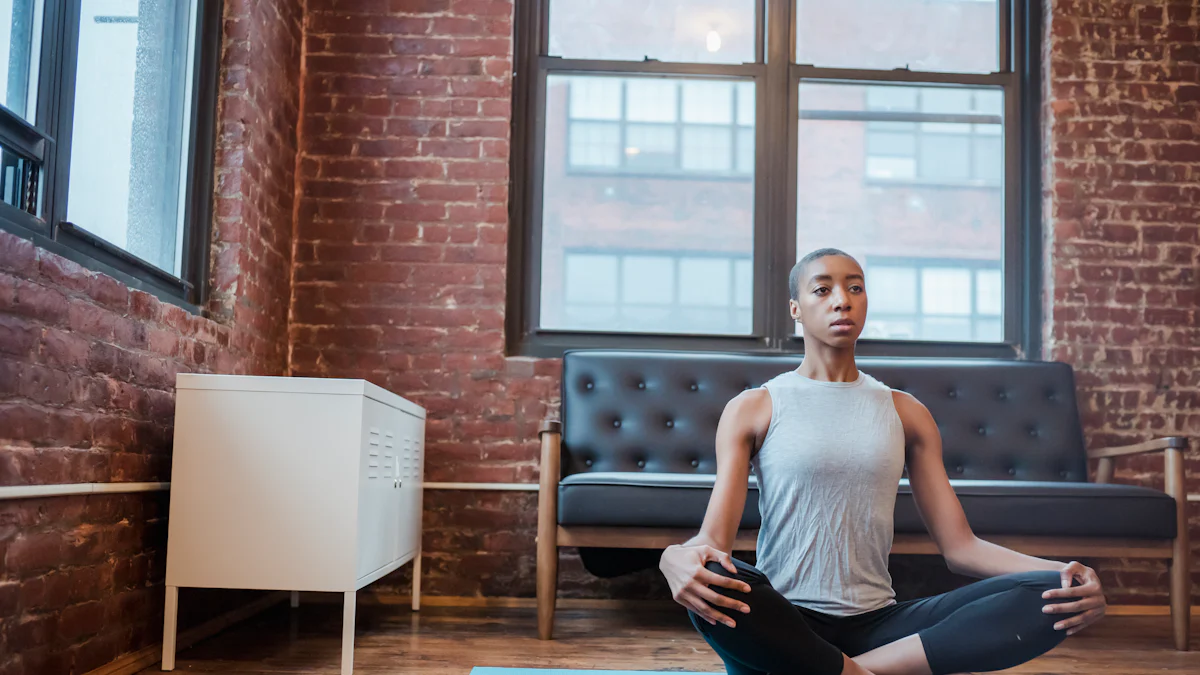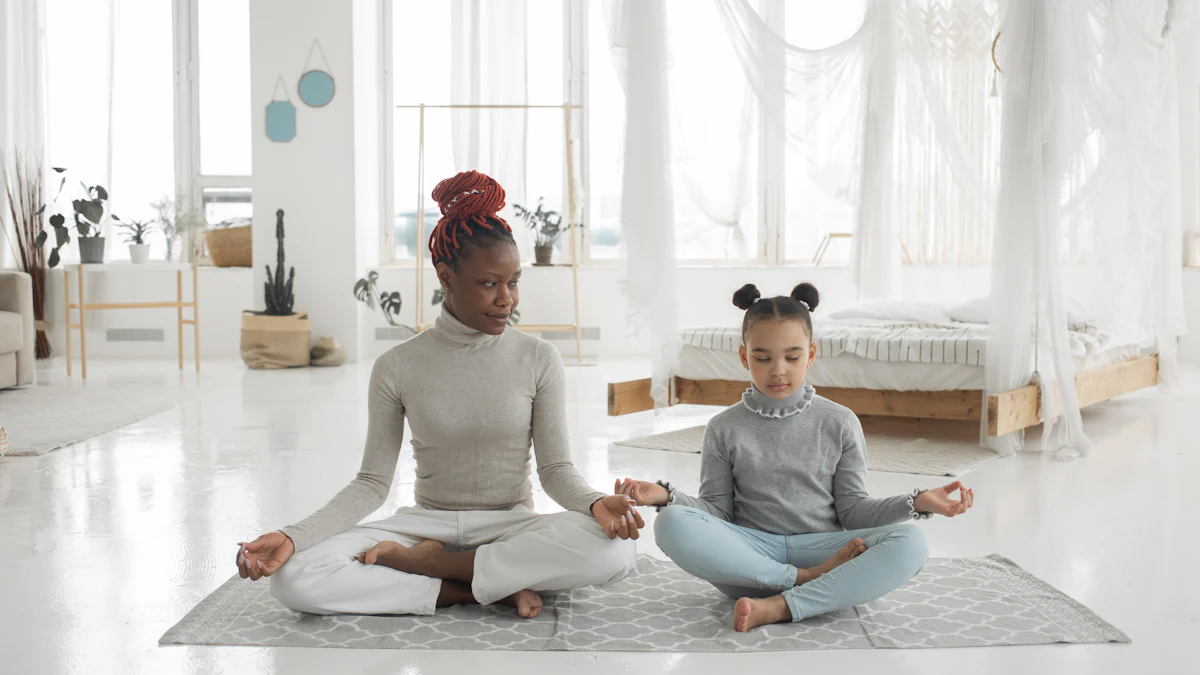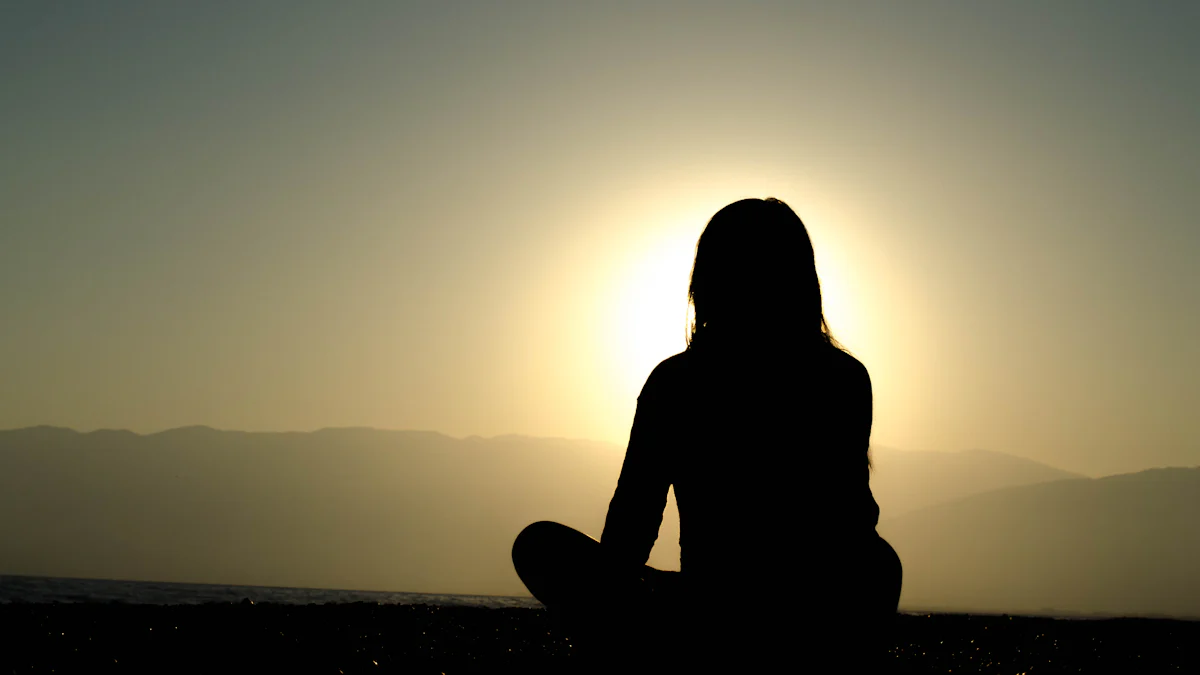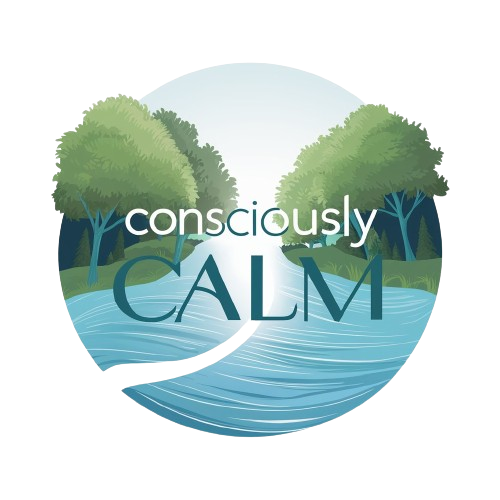How Mothers Can Use Meditation to Ease School Year Anxiety

School year anxiety affects many mothers. Over two-thirds of moms report experiencing anxiety, with more than a third describing it as 'moderate' to 'severe.' Mediation for mothers offers a practical way to tackle this stress. Mediation helps you focus on the present moment, easing feelings of overwhelm. You can find a sense of flow amid the school year's ups and downs. Mediation provides a path to manage parenting stress effectively. Embrace mediation as a tool to enhance well-being during the hectic school year.
Understanding School Year Anxiety
Common Causes of School Year Anxiety
Academic Pressure
Academic pressure hits hard. Many kids face high expectations. Grades matter, and tests loom large. Parents feel the weight too. The pressure to support children academically can be intense. Moms often worry about their child's performance. This stress can lead to anxiety. Johns Hopkins research shows that nearly 20% of children experience significant anxiety about school. Mediation for mothers offers a way to manage this stress.
Social Challenges
Social challenges create anxiety. Kids worry about fitting in. Making friends can feel daunting. Bullying adds another layer of stress. Parents feel this anxiety too. Concerns about their child's social life weigh heavily. Mindful Parenting can help ease these worries. Dorsey Standish suggests using Mindful techniques to address social anxieties. Mindful Parenting Practice can improve family dynamics.
Time Management Issues
Time management becomes a struggle. Balancing school, activities, and family time feels overwhelming. Moms juggle multiple responsibilities. Parenting demands time and energy. Mediation for mothers helps find balance. Dorsey Standish brings insights into managing time effectively. Mindful practices can help you enjoy the daily moments. Mastermind Meditation techniques offer practical solutions.
Impact of Anxiety on Mothers
Emotional Well-being
Anxiety affects emotional well-being. Stress takes a toll on mental health. Mediation for mothers provides relief. Mindful techniques promote emotional balance. Dorsey Standish emphasizes the importance of self-care. Mediation for mothers helps you unwind and relax. Mastermind Meditation workshop offers tools to manage emotions.
Physical Health
Physical health suffers from anxiety. Stress impacts the body. Johns Hopkins Children report links between anxiety and physical symptoms. Mediation for mothers can improve physical health. Mindful breathing exercises reduce tension. Dorsey techniques promote relaxation. Mediation for mothers supports overall well-being.
Family Dynamics
Family dynamics change with anxiety. Stress affects relationships. Parenting becomes more challenging. Mindful Parenting improves communication. Dorsey suggests open conversations with children. Mediation for mothers enhances family harmony. Mastermind Meditation fosters understanding and patience.
Introduction to Meditation
What is Meditation?
Definition and History
Meditation involves focusing the mind to achieve a state of calm and clarity. Ancient cultures practiced meditation for thousands of years. People in India, China, and Japan have long histories with meditation. Buddhist monks and Hindu sages used meditation to seek enlightenment. Meditation spread to the West in the 20th century. Many people now use meditation for stress relief and personal growth.
Different Types of Meditation
Meditation comes in various forms. Mindfulness meditation encourages awareness of the present moment. People practice mindfulness by focusing on breathing or sensations. Transcendental meditation involves repeating a mantra. Practitioners aim to reach a deep state of relaxation. Guided meditation uses a narrator or music to lead the session. Visualization meditation involves imagining peaceful scenes. Each type offers unique benefits for stress relief.
Benefits of Meditation for Stress Relief
Mental Health Benefits
Meditation improves mental health. Regular practice reduces anxiety and depression. A 2018 review found that mindfulness-based treatments help with PTSD symptoms. Meditation enhances focus and concentration. People often report feeling more centered and balanced. Meditation provides tools to manage daily stressors effectively.
Physical Health Benefits
Meditation supports physical health. Mindfulness practices lower blood pressure. A 2020 review showed significant reductions in people with hypertension. Meditation decreases chronic pain. A 2017 analysis found it more effective than other treatments. Practicing meditation boosts overall well-being. The body responds positively to regular meditation.
Emotional Balance
Meditation fosters emotional balance. Practitioners experience greater patience and understanding. Mindfulness techniques promote self-awareness. People learn to respond rather than react. Meditation helps regulate emotions during challenging times. Families benefit from improved communication and harmony. Meditation creates a foundation for emotional resilience.
Practical Meditation Techniques for Mothers

Mindfulness Meditation
How to Practice Mindfulness
Mindfulness meditation offers a simple way to find peace. Priyanka Das, an expert in yoga and meditation, suggests focusing on the present moment. You can start by finding a comfy spot. Take a deep breath and let it out slowly. Allow your mind to watch thoughts like leaves floating down a river. No need to chase them. This practice helps you stay grounded and calm.
Incorporating Mindfulness into Daily Routine
Adding mindfulness to your routine can transform your day. You can practice while doing chores or walking. Focus on the task at hand. Notice the sensations and sounds around you. Amy Budden, a meditation expert, shares how mindfulness helped her during tough times. You can use these moments to recharge and find balance.
Guided Meditation
Finding Resources for Guided Meditation
Guided meditation provides support through audio or video. Many apps and websites offer free sessions. You can explore platforms like Calm or Headspace. These resources guide you step-by-step. You can choose sessions based on your mood or needs. Guided meditation makes it easy to relax and unwind.
Benefits of Guided Meditation
Guided meditation offers many benefits. The sessions help you focus and relax. You can follow along without stress. The soothing voice or music leads you to a peaceful state. This practice reduces anxiety and improves sleep. You can feel more centered and refreshed after each session.
Breathing Exercises
Simple Breathing Techniques
Breathing exercises provide quick relief from stress. You can try the 4-7-8 technique. Inhale for four counts, hold for seven, and exhale for eight. Repeat this cycle a few times. You can practice this anywhere, anytime. Breathing exercises calm the mind and body.
Using Breathing to Calm Anxiety
Breathing helps manage anxiety effectively. Focus on deep, slow breaths. This practice lowers heart rate and tension. You can use breathing exercises during stressful moments. You can regain control and find peace. Regular practice builds resilience against anxiety.
Creating a Meditation Routine

Setting Realistic Goals
Starting Small
Starting small makes meditation manageable. You can begin with just five minutes each day. A short session helps you ease into the practice. Consistency matters more than duration. You will find that even brief moments of calm can make a difference.
Gradually Increasing Practice Time
Gradually increasing practice time builds a solid routine. You can add a minute or two each week. This approach prevents overwhelm. Your meditation practice becomes a natural part of your day. You will notice more benefits as you extend your sessions.
Finding Time for Meditation
Prioritizing Self-Care
Prioritizing self-care ensures you make time for meditation. You deserve moments of peace and relaxation. You can schedule meditation like any other important activity. A few minutes in the morning or evening can set the tone for your day.
Involving Family in Meditation Practice
Involving family in meditation practice creates a supportive environment. You can meditate together as a bonding activity. Children can learn mindfulness early on. Your family benefits from shared moments of calm. Meditation becomes a family tradition.
Overcoming Common Challenges
Staying Consistent
Staying consistent requires commitment. You might face days when motivation wanes. You can remind yourself of the benefits meditation brings. A regular schedule helps maintain consistency. You will find that meditation becomes a habit over time.
Dealing with Distractions
Dealing with distractions enhances focus. You might encounter noise or interruptions. You can create a quiet space for meditation. Simple breathing exercises help refocus your mind. You will learn to let go of distractions and embrace the present moment.
Additional Tips for Managing School Year Anxiety
Establishing a Good Sleep Schedule
Importance of Rest for Reducing Stress
A good night's sleep works wonders for reducing stress. Quality rest allows the body to recover and rejuvenate. A well-rested mind handles challenges better. Stress levels drop when you get enough sleep. Dr. Sara Bode, a spokesperson for the American Academy of Pediatrics, emphasizes the importance of identifying the root cause of anxiety. Adequate rest helps in this process by providing clarity and calmness.
Tips for Better Sleep
Creating a bedtime routine promotes better sleep. You can start by setting a consistent sleep schedule. Avoid screens an hour before bed. Dim the lights and create a relaxing environment. Reading a book or listening to calming music helps unwind. A warm bath or gentle stretches prepare the body for rest. You will notice improvements in sleep quality with these simple changes.
Engaging in Physical Activities
Benefits of Dance Workouts
Dance workouts offer a fun way to stay active. Dancing boosts mood and energy levels. The heart rate increases, improving cardiovascular health. Dance reduces stress and anxiety. You feel more confident and joyful after a dance session. Dance workouts provide an opportunity to express yourself creatively.
Incorporating Physical Exercise into Routine
Incorporating physical exercise into your routine enhances well-being. You can choose activities you enjoy, like walking, yoga, or cycling. Exercise releases endorphins, which elevate mood and reduce stress. A regular workout routine improves physical health and mental resilience. You will find that even short bursts of activity make a difference.
Building a Support Network
Connecting with Other Parents
Connecting with other parents creates a valuable support network. Sharing experiences and advice helps navigate school year challenges. Parent groups or online forums offer a sense of community. You can exchange tips and strategies for managing anxiety. Support from others provides comfort and reassurance.
Utilizing Community Resources
Utilizing community resources strengthens your support system. Local organizations and schools often offer workshops or events. These resources provide valuable information and tools. You can learn new techniques for stress management. Community resources foster connections and understanding. You will feel more equipped to handle school year anxiety with these supports.
Meditation offers a sanctuary of calm amidst the chaos of motherhood. Practicing meditation helps ease school year anxiety. You gain clarity and patience. Meditation enhances well-being and connection with loved ones. Starting a meditation practice can transform your daily life. Explore various techniques to find what suits you best. Discover more resources and similar reads to deepen your understanding. Embrace meditation as a tool for resilience and peace.
See Also
Key Meditative Practices for a Relaxing Vacation Getaway
Best Ways to Relax in 2024: Naturally Unwind and De-stress
Crafting a Serene Morning Schedule for Improved Mental Health
Future of Meditation in 2025: Designing Your Zen Home Sanctuary
Successful Tactics for a Calm Election Season through Mediation

